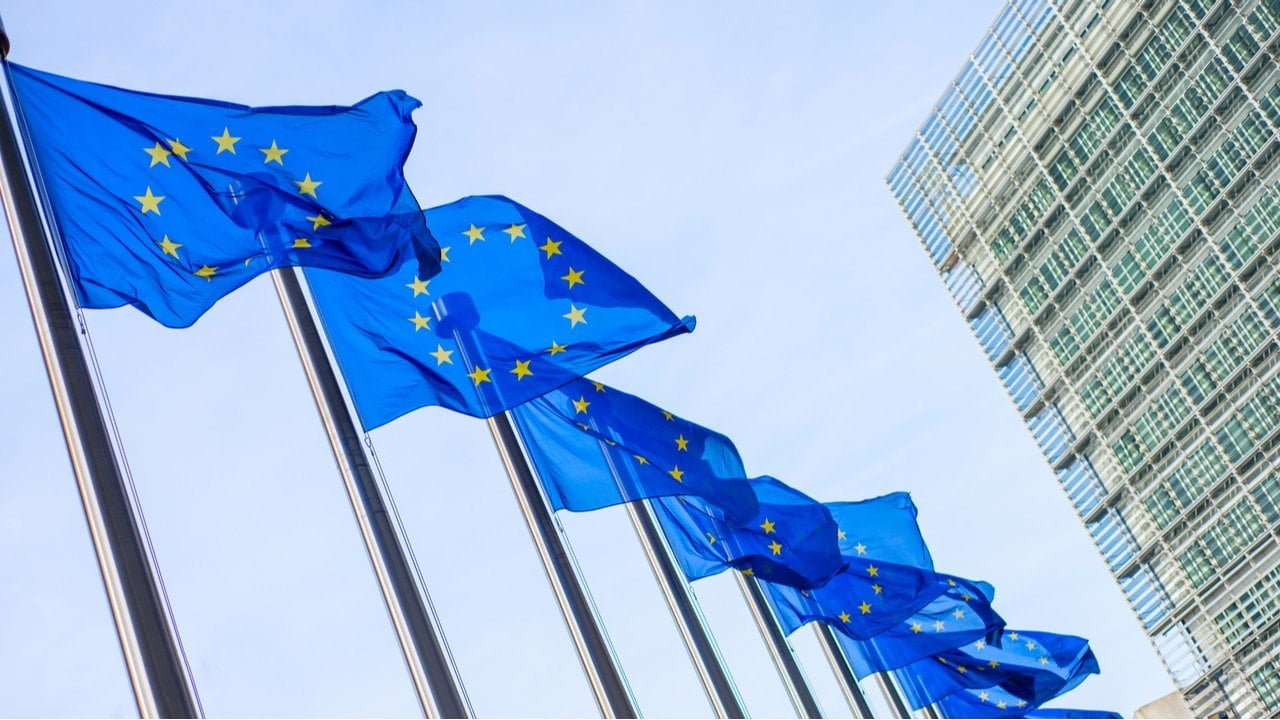Latest EU Sanctions Expected to Stimulate Russia’s Own Crypto Market – In response to the recent escalation of the military conflict in Ukraine and the annexation of Ukrainian territories, the EU adopted its eighth package of sanctions against Russia, aimed at hitting its government, economy, and energy exports. Access to cryptocurrency in Russia, which is seen as a tool for circumventing financial restrictions and exporting wealth, was also targeted.
The European Union Council has outright prohibited the provision of cryptocurrency wallet, account, and custody services to Russian residents and entities. According to Tass, a high-ranking member of the Russian parliament, the EU decision may actually stimulate the development of Russia’s digital financial asset (DFA) market.
People Also Read: Norway Prepares to Reverse Electricity Tax Cut for Cryptocurrency Miners
Anatoly Aksakov, the head of the Financial Market Committee in Russia’s State Duma, the lower house of parliament, expressed his thoughts. He has recently been heavily involved in efforts to regulate the country’s crypto space, including the use of digital currencies in international settlements. Moscow authorities have been debating the issue for over a year and are considering expanding the legal framework, which currently covers mostly DFAs with an issuer, such as tokens.
The most recent round of EU sanctions tightens previously imposed constraints. Earlier this year, as part of its fifth package of measures approved just over a month after Russia launched its invasion of Ukraine, the 27-strong bloc restricted only “high-value” crypto-asset services for Russians and Russian-registered organizations — those for digital holdings worth more than €10,000 in fiat value (approx. $11,000 at the time, less than $10,000 now).
“Similar decisions have already been made before. They closed the official representative offices of their crypto exchanges in Russia, but de facto nothing has changed. There can also be an office in the virtual space, not at some address in Moscow,” Anatoly Aksakov further elaborated, insisting that Russians can easily bypass the sanctions.
While the world’s largest crypto exchange, Binance, partially complied with the EU’s earlier requirements, allowing withdrawals only for Russian account balances exceeding €10,000, it has now informed users that it did not impose new restrictions, according to Bits.media. Huobi, another major platform, stated that it continues to support Russian users’ stable trading.
People Also Read: Bitcoin Miner Greenidge Seeks to Raise $22.8 Million in Class A Common Stock Proposal
According to the Russian crypto news outlet, none of the top seven global crypto exchanges popular with Russians, which also include Bybit, Coinbase, FTX, Kraken, and Gate.io, is a “European resident” for whom the measures would be mandatory. Russian crypto experts, such as Sergey Mendeleev, CEO of defi banking platform Indefibank, are skeptical that most crypto companies will rush to implement the EU resolution targeting all Russian users, fearing a loss of market position.
“Moreover, these restrictions stimulate the development of modern technologies. Next year will be the year of digital financial assets in Russia, you’ll see,” Aksakov promised. His remarks come as the State Duma prepares to pass a new law “On Digital Currency” to regulate decentralized crypto assets like bitcoin and their use in cross-border crypto payments between Russian businesses and their foreign partners.




